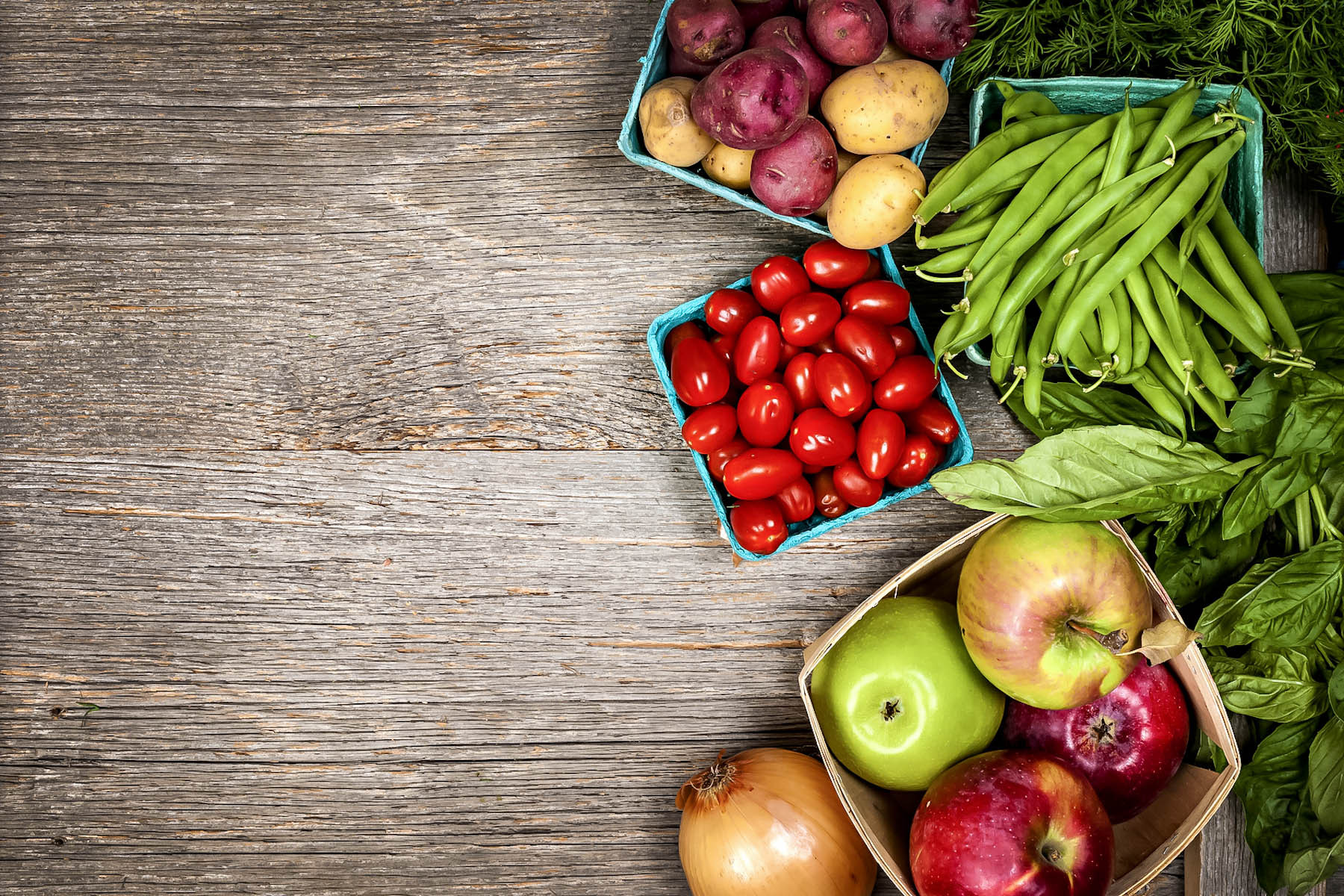Firing up the grill and enjoying a sunny BBQ with friends and family is a part of American culture. Having a cookout with friends and family is fun and delicious! Grilled steaks, burgers and veggies, when marinated just right, are packed with tons of flavor. Grilling is also a healthy alternative to frying food with oils. We encourage everyone to grill on but to do it safely. Unfortunately, acquiring a foodborne illness is not uncommon in the summer season. The humidity and heat of summer allow bacteria to grow faster in food. Please review and share these food safety tips to keep your friends and family healthy at your next gathering!

Thaw Properly: Use the refrigerator or sealed packages in cold water for slow, safe thawing. For quicker thawing, use the defrost setting in a microwave. Never thaw meats at room temperature.
Marinate in the Refrigerator: Marinate in the refrigerator, rather than the counter. Poultry and cubed meat or stew meat can be marinated for up to two days. Beef, veal, pork, and lamb roasts, chops, and steaks may be marinated up to five days. If you want to use some marinade for a sauce on cooked food, reserve a portion in advance. Don’t reuse marinade that’s been used on raw meat.
Keep Everything Clean: To prevent foodborne illness, don’t use the same platter and utensils for raw and cooked meat and poultry and keep foods separate. Promptly refrigerate any leftovers. The cold temperature will slow the growth of harmful bacteria.
Cook Thoroughly: Meat and poultry cooked on a grill often browns very fast on the outside. Therefore, it is best to use a meat thermometer to check for safety and doneness. Large cuts of beef like roasts may be cooked to an internal temperature of 160°F for medium. Poultry should reach 165°F. Never partially grill meat or poultry and finish cooking later.
Keep Hot Food Hot and Cold Food Cold: Keep meat and poultry refrigerated until ready to use. Only take out the meat and poultry that will immediately be placed on the grill. After cooking meat and poultry on the grill, keep it hot until served at 140 °F or warmer. Keep cooked meats hot by setting them to the side of the grill rack, not directly over the coals where they could overcook.
Recipe: Grilled Chicken with Blackberry Sweet and Sour Sauce
July is not only National Grilling Month — it is also National Berry Month! Combine the two with this grilled chicken and blackberry recipe.
Servings: 4 Prep Time: 5 minutes Cook Time: 15 minutes

Ingredients:
4 chicken breasts
1 tablespoon cooking oil
salt and pepper to taste
1/4 cup blackberry jam
2 tablespoons cognac
2 tablespoons rice vinegar
1 teaspoon grated fresh ginger
1 teaspoon soy sauce
1/2 teaspoon kosher or sea salt
6 ounces fresh blackberries
1 teaspoon fresh mint, minced
Directions:
Preheat grill to high heat. Brush each side of chicken breasts with the cooking oil and season with salt and pepper. Grill 3 minutes on each side, then turn the heat to medium-low and cover to cook for an additional 5 minutes or until cooked through.
In a saucepan or skillet over medium high heat, add all ingredients and stir to combine. Smash half of the berries with a fork to release the juices. Let the mixture cook down for approximately 2 minutes, stirring constantly. Pour over grilled chicken and serve immediately.
Recipe options:
-Use thick cut pork chops or salmon instead of chicken.
-If you don’t have cognac, use alcohol of your choice: rum, brandy, whiskey, red wine or white wine. I love cognac the best in this recipe!
-Instead of rice vinegar, substitute with cider vinegar, white vinegar or red vinegar






